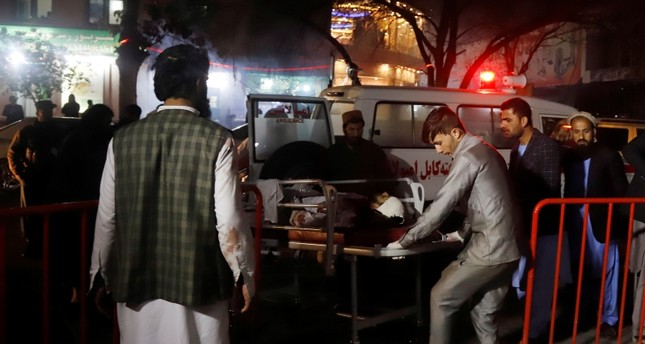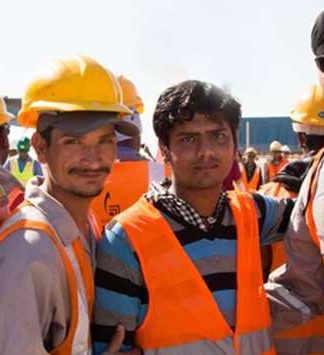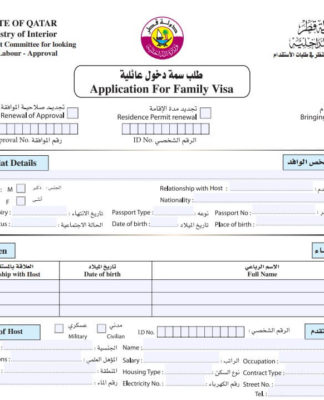A suicide bomber targeted a gathering of hundreds of Muslim religious scholars in the Afghan capital on Tuesday, killing at least 43 people, Afghan officials said.
Public Health Ministry spokesman Wahid Majroh said another 83 people were wounded in the attack, which took place as Muslims around the world marked the birthday of the Prophet Muhammad. He said more than 20 people are in critical condition and that the toll could rise.
The suicide bomber was able to sneak into a wedding hall in Kabul where hundreds of religious scholars and clerics had gathered to mark the occasion.
“The victims of the attack unfortunately are all religious scholars who gathered to commemorate the birthday of Prophet Muhammad,” said Basir Mujahid, spokesman for the Kabul police chief. He said police had not been asked to provide security for the event, and that the bomber had easily slipped into the hall. Most wedding halls have private security.
Mohammad Muzamil, a waiter at the wedding hall, said he had gone into the back to fetch water for the guests when he heard the explosion.
“Everything was covered with smoke and dust,” he said. “There were dead bodies all around on the chairs, in large numbers.”
Police sealed off roads leading to the scene of the attack and ambulances could still be seen going in. Hundreds of family members and relatives gathered at local hospitals, looking at lists of those killed and wounded that were posted outside.
No one immediately claimed the attack, but both the Taliban and a local Daesh affiliate have targeted religious scholars aligned with the government in the past.
Daesh claimed a suicide bombing in June that killed at least seven people and wounded another 20 at a meeting of the country’s top clerics in the capital. The body of religious leaders, known as the Afghan Ulema Council, had issued a decree against suicide attacks and called for peace talks. Daesh said it had targeted “tyrant clerics” who were siding with the U.S.-backed government.
The Taliban denied involvement in the June attack but they also denounced the gathering.
Afghan security forces have struggled to combat the twin insurgencies since the U.S. and NATO formally ended their combat mission in 2014, shifting to a support and counterterrorism role. President Donald Trump’s decision last August to send in additional U.S. forces has had little if any impact on the ground.
The Taliban carry out near-daily attacks targeting security forces and government officials across the country, while the Daesh affiliate has bombed gatherings of minority Shiites, killing hundreds of civilians.
SOURCE:dailysabah.com



























 EU Total Shock: U.S. to ABANDON EU, Wants Russia in G7, Demands $500B in Resources
EU Total Shock: U.S. to ABANDON EU, Wants Russia in G7, Demands $500B in Resources